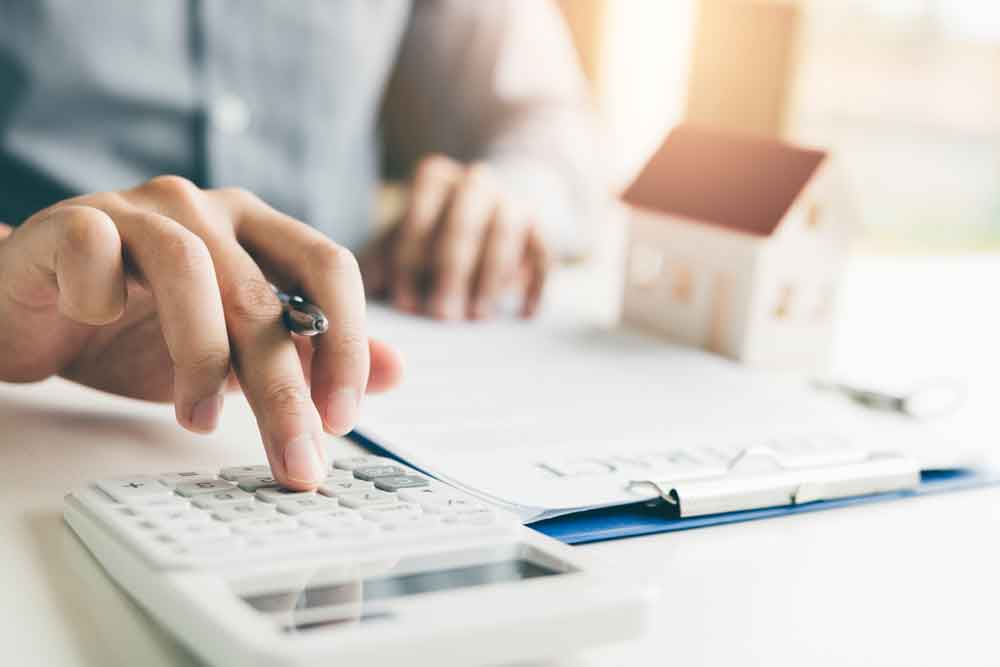For New Jersey homeowners, rising property taxes are a familiar—and often frustrating—reality. Consistently among the highest in the nation, property taxes in the Garden State are influenced by a complex mix of local budgets, education funding, property valuations, and state policies. Understanding the drivers behind these increases can help residents better navigate their financial planning and housing decisions.
Why Property Taxes Keep Climbing

1. Local and County Budget Pressures
New Jersey relies heavily on property taxes to fund essential municipal services, including police and fire departments, road maintenance, and local government operations. As inflation pushes up costs and public demand for services grows, municipalities often turn to property tax increases to bridge budget gaps. Public employee salaries and benefits also represent a significant portion of these budgets, further driving the need for additional funding.
2. Education Funding Requirements
Education remains the single largest component of property tax bills in New Jersey. Local school districts depend on property tax revenue to cover salaries, infrastructure upgrades, and programs for students. Even with state aid, adjustments to funding formulas or insufficient allocations can shift the burden back to homeowners. Programs like the New Jersey School Funding Reform Act (SFRA), enacted in 2008 and updated by Senate Bill 2 (S-2) in 2018, were designed to balance educational funding between affluent and less affluent districts. While these laws aim for equity, districts facing state aid reductions often compensate by raising local property taxes.
3. Property Value Reassessments
Homeowners in New Jersey may notice their tax bills rising even when the tax rate itself remains unchanged. This is often due to reassessments reflecting rising real estate values. Periodic revaluations ensure the property tax system remains fair, but they can result in higher bills for those whose homes have appreciated significantly.
4. Limited Alternative Revenue Streams
Compared with other states, New Jersey has relatively modest sales and income taxes, which limits alternative revenue sources for local governments. This reliance on property taxes to fund essential services means any budget shortfall often translates directly into higher bills for homeowners.
Additional Contributing Factors
- High Population Density: With more residents per square mile, the demand for public services and infrastructure is greater.
- Fragmented Local Governments: Over 500 municipalities and hundreds of school districts create administrative redundancy and higher operational costs.
- Debt Obligations: Funding large-scale projects like school renovations, road repairs, or other infrastructure initiatives often adds to local tax pressure.
The Role of SFRA and S-2 in Shaping Property Taxes
The School Funding Reform Act (SFRA) sought to create a more equitable distribution of state aid, calculating each district’s “local fair share” based on property values and income. This approach was intended to ensure that all students receive a “thorough and efficient” education. However, implementation created disparities: districts with reduced state aid under Senate Bill 2 (S-2) often had to raise local taxes to make up the difference.
While the 2% annual property tax cap limits year-over-year increases, certain districts were allowed waivers to meet their SFRA-determined funding requirements. The result is a balancing act between ensuring educational equity and managing the tax burden for residents.
Ongoing Challenges and Future Considerations
Property tax volatility remains a concern for many New Jersey homeowners. Fluctuating state aid, rising public service costs, and revaluation adjustments can make budgeting unpredictable. Lawmakers continue to explore ways to create a more stable and equitable school funding system that mitigates the impact on property owners.
For residents navigating these challenges, staying informed about local budgets, school funding, and real estate trends is key. For those considering buying, selling, or refinancing property in New Jersey, understanding how property taxes affect overall housing costs is critical. More information on local real estate and property trends can be found at Explore New Jersey Real Estate.
Key Takeaways
- Property taxes in New Jersey are primarily driven by local services, education funding, property valuations, and state policies.
- Education costs, particularly under SFRA and S-2, have a direct impact on homeowners’ bills.
- Reassessments and limited alternative revenue sources often necessitate property tax increases.
- Understanding local and state policies, along with budget trends, can help homeowners plan and advocate effectively.
Navigating New Jersey’s property tax landscape can be complex, but informed residents are better positioned to manage costs, anticipate changes, and make smart real estate decisions in one of the nation’s most dynamic housing markets.












